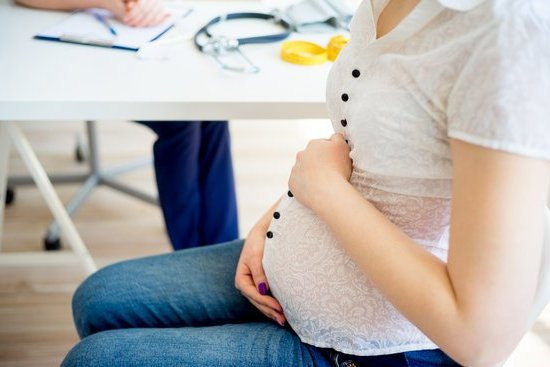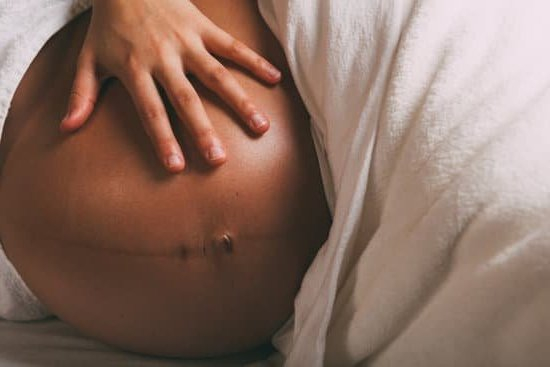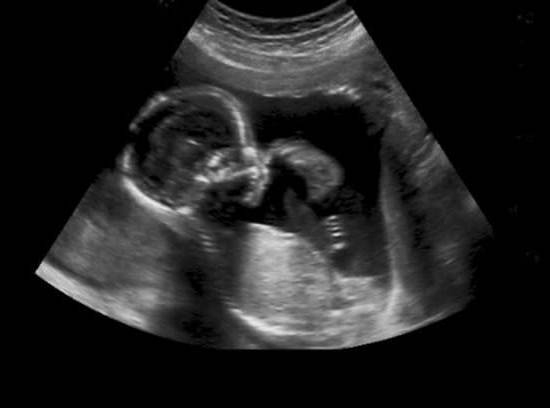Early Pregnancy Mucus
There are many changes that occur during early pregnancy, and one of the most noticeable is the increase in vaginal discharge. This discharge, often called mucus, is your body’s way of cleaning and protecting the vagina.
The amount and type of discharge you have will vary throughout your pregnancy. In the beginning, it may be thin and watery, but it will gradually increase in thickness and change to a white or yellowish color. You may also notice an increase in odor.
Although the discharge may be annoying and messy, it is actually a good sign. It means that your body is doing its job of keeping the vagina healthy and protecting the baby.
If you are concerned about the amount or type of discharge, or if it is accompanied by other symptoms such as itching, burning, or redness, be sure to contact your health care provider.
Nausea In Early Pregnancy
Nausea is a common complaint during early pregnancy. It is estimated that up to 80% of pregnant women experience some form of morning sickness. While the cause of nausea during early pregnancy is unknown, it is thought to be related to the increase in hormones.
Symptoms of nausea during early pregnancy may include:
• Feeling sick or queasy
• Loss of appetite
• Nausea that comes and goes
• Vomiting
Most cases of nausea during early pregnancy are mild and go away on their own. However, if you are experiencing severe nausea and vomiting, you may need medical treatment.
If you are experiencing nausea during early pregnancy, there are a few things you can do to help manage your symptoms:
• Eat small, frequent meals
• Drink plenty of fluids
• Avoid foods that tend to trigger nausea, such as spicy or fatty foods
• Try to get plenty of rest
• Use a sea band or ginger to help relieve nausea
If your nausea is accompanied by vomiting, dehydration, or a fever, contact your doctor.
Pregnancy Symptoms Early
Signs of Pregnancy
If you are trying to conceive, or if you are just generally interested in all things related to pregnancy, you may be wondering about the early signs of pregnancy. There are many different symptoms that can indicate that you are pregnant, but not all of them are reliable indicators. In fact, many women do not experience any symptoms at all in the early stages of their pregnancies.
The most common early sign of pregnancy is a missed period. If you have missed your period and you are not on birth control, there is a good chance that you are pregnant. Other common symptoms include nausea, vomiting, fatigue, and breast tenderness. If you are experiencing any of these symptoms, there is a good chance that you are pregnant. However, these symptoms can also be caused by other things, so it is important to consult with your doctor if you are experiencing any of them.
If you are trying to conceive, there are a few things that you can do to increase your chances of becoming pregnant. First, make sure that you are having sex regularly. Second, make sure that you are timing your sex correctly. Third, make sure that you are staying healthy and getting enough exercise and nutrients. And finally, make sure that you are relaxed and stress-free. Stress can actually inhibit fertility, so it is important to try to relax and enjoy your time while you are trying to conceive.
If you are not trying to conceive, there are a few things that you can do to help prevent pregnancy. First, make sure that you are using contraception. Second, make sure that you are using the right type of contraception for you. Third, make sure that you are using it correctly. And fourth, make sure that you are getting regular check-ups and screenings.
If you are experiencing any of the early signs of pregnancy, it is important to consult with your doctor. He or she can help you to determine whether or not you are pregnant, and he or she can also provide you with information and advice about taking care of yourself during your pregnancy.
Middle Back Pain Early Pregnancy
Middle back pain is a common complaint during early pregnancy. The pain can be due to a number of factors, including the increased weight of the uterus, hormonal changes, and postural changes.
There are a few things you can do to help relieve the pain. First, make sure that you are getting enough rest and that you are taking breaks throughout the day to sit or lie down. You may also want to try using a heating pad or massage the area gently.
If the pain is severe or does not improve with self-care measures, be sure to talk to your doctor. He or she may be able to suggest other ways to help relieve the pain or refer you to a specialist.
Can Early Pregnancy Cause Diarrhea
?
It is not uncommon for pregnant women to experience diarrhea. In fact, up to 50% of pregnant women will experience it at some point during their pregnancy. While the cause of diarrhea during pregnancy is not always known, it is often related to the changes in hormones and the growing baby that occur during pregnancy.
There are a few things that you can do to help relieve diarrhea during pregnancy. First, drink plenty of fluids to stay hydrated. You may also want to try over-the-counter medications such as Pepto-Bismol or Imodium A-D. If the diarrhea is severe, or if it does not improve after a few days, be sure to contact your healthcare provider.
In most cases, diarrhea during pregnancy is not a cause for concern. However, it is important to monitor your symptoms and contact your healthcare provider if you have any concerns.

Welcome to my fertility blog. This is a space where I will be sharing my experiences as I navigate through the world of fertility treatments, as well as provide information and resources about fertility and pregnancy.





